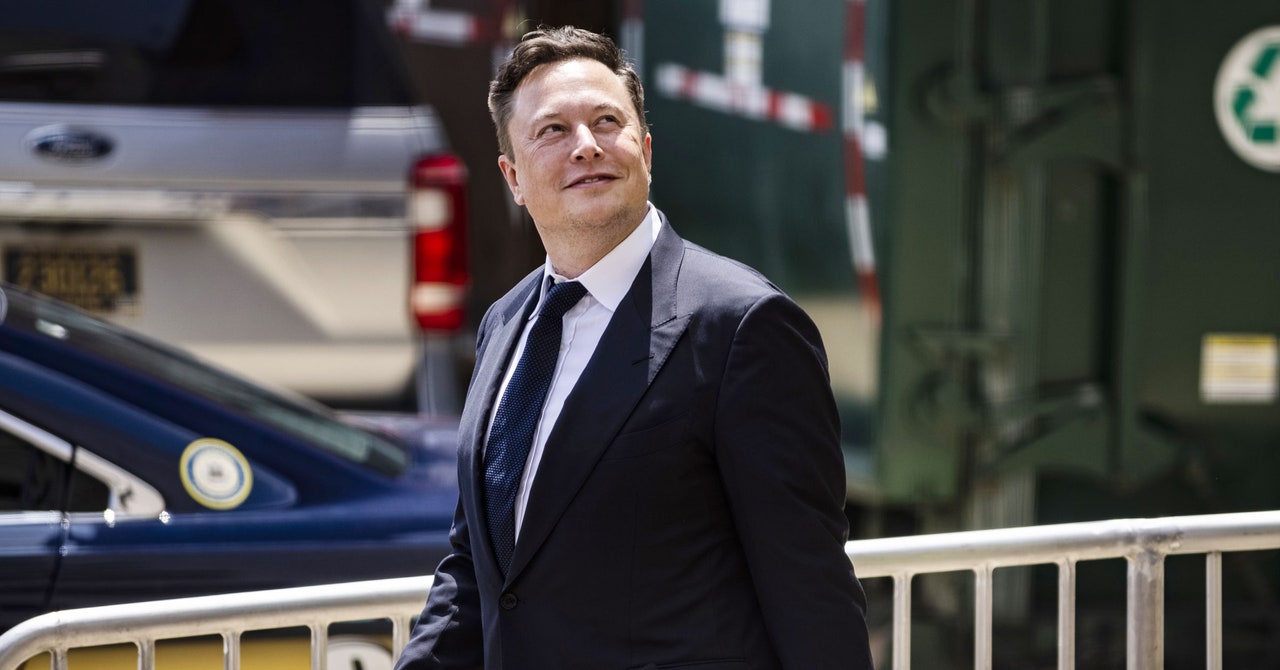Other reactions to the takeover attempt have focused on what Musk would do if it goes through. Musk’s direct mention of free speech in the letter accompanying his bid has scared people that if he takes over the platform, he could roll back some of the platform’s anti-hate speech measures.
“I would argue that there would be a negative impact on democracies worldwide if someone like Elon Musk owned Twitter,” said Christopher Bouzy, founder of BotSentinel, a service that tracks fake behavior on Twitter. Musk’s absolutist approach to free speech would open the door for people like Donald Trump, who was banned from Twitter in January 2021 for fueling the U.S. Capitol uprising via social media, to return to the site.
“Twitter would become a cesspool of misinformation and misinformation with real-world implications,” said Bouzy.
One of the reasons Musk wants to buy the company — if he’s serious about it — is because it acts as a megaphone for his own views. “He’s a communicator on social platforms,” said Cary Cooper, a professor of business administration at Manchester Business School. ‘He is a business maverick, in many ways. He has been quite successful in his business ventures and I can understand wanting a communication platform. It allows him to express his opinion in a way that suits his personality.”
But the big question remains: how likely is it that Musk’s offer will be accepted? While the bid of $54.20 per share is higher than the stock’s value before Musk bought back, it is still below the high of $77.06 per share in February 2021. It is also well below the 52-year mark. weekly average on which the company traded. And intraday trading on April 14, which fell below the opening price, indicates the market doesn’t believe Musk is going to make it. Musk’s 38 percent premium “roughly corresponds to what an average premium is paid for companies,” which is usually between 30 and 40 percent above its current value, Galpin says. “It’s not a slam dunk to guarantee that enough shareholders will approve an offer at that level,” he says.
While Musk, the company’s largest shareholder, clearly wants the sale to go through, other major shareholders, including The Vanguard Group, Morgan Stanley, BlackRock and State Street Corp, are not. WIRED asked all four companies whether they would accept an acquisition from Musk. Morgan Stanley had not responded at the time of publication. Ed Patterson, Global Head of Public Relations at State Street Corp, Barbara Williams, Director of Corporate Communications at BlackRock, and Vanguard spokesperson Alyssa Thornton said they would not comment on specific companies.
Conventional business wisdom would suggest that they are likely to decline the offer. “Some shareholders may own the stock for more personal, value-based reasons than financial ones,” Galpin says. “It will be a mixed bag of the shareholder base. Is their consideration a financial game or is their consideration a personal values-based, socially good decision on their part? Only the individual shareholders would know that.”

